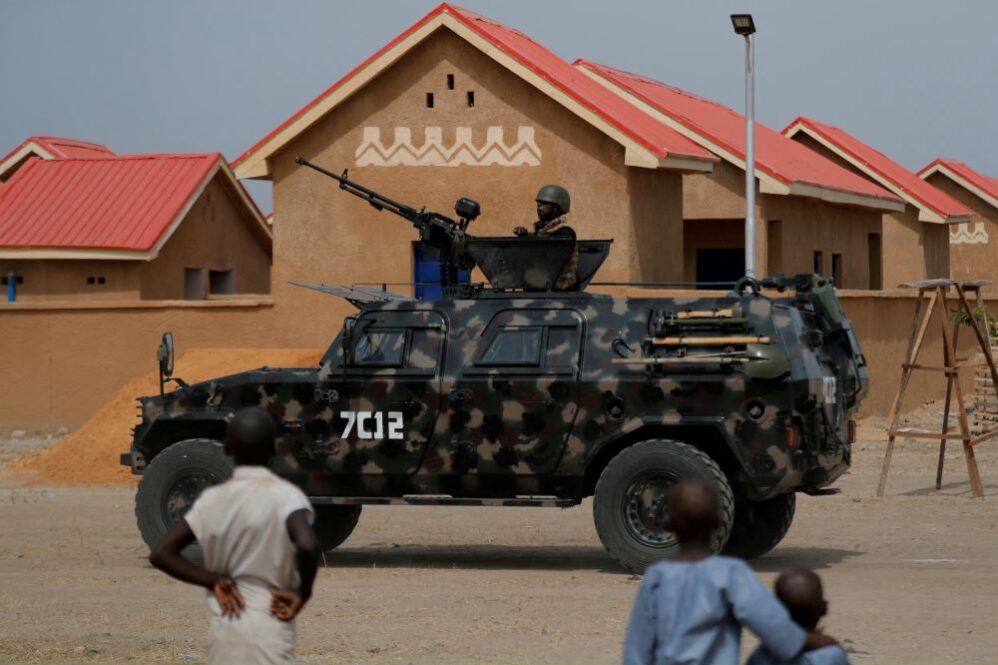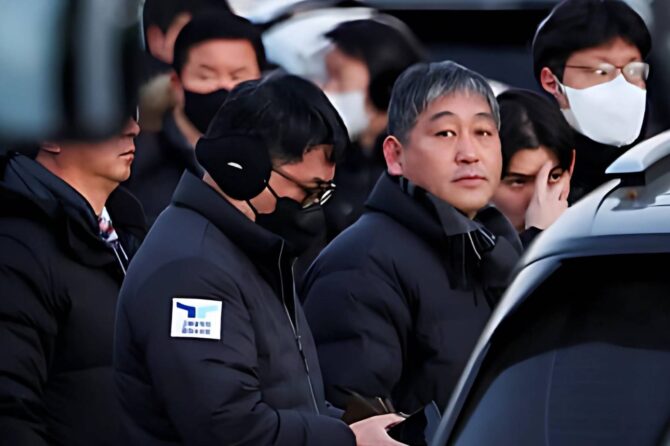Jihadist Resurgence in Northeast Nigeria Sparks Fears of Major Comeback
MAIDUGURI, Nigeria – April 29, 2025
A sharp and deadly resurgence of jihadist violence is sweeping across northeast Nigeria, with Boko Haram and its splinter group, Islamic State West Africa Province (ISWAP), intensifying attacks using increasingly sophisticated tactics. Security analysts and local officials warn that the surge signals a significant comeback by insurgents in a region already devastated by more than 15 years of conflict.
Escalating Attacks and Casualties
Over the past weekend, at least 22 people were killed in coordinated assaults across Adamawa and Borno states. The violence peaked on Monday, April 28, when a roadside bomb detonated beneath two vehicles in Borno, killing 26 men, women, and children. The victims were so badly burned that many could not be identified, and funerals were held in the nearby town of Rann. While no group has claimed responsibility, local residents and officials attributed the attack to Boko Haram.
Earlier, Boko Haram fighters killed about 10 vigilantes from the Civil Joint Task Force in Adamawa and 14 farmers in Borno’s Gwoza district, further raising the death toll to at least 50 in just a few days.
Advanced Tactics and New Technology
Security experts report that both Boko Haram and ISWAP are now deploying armed drones and planting explosive devices along major roads, marking a shift toward more advanced and lethal tactics1. Last month, ISWAP used drones to attack a military installation near the Cameroon border, killing several soldiers1. Analysts believe ISWAP’s adoption of aerial technology is likely supported by increased funding from the broader Islamic State network.
“Both factions have gained a measure of confidence and demonstrated possession of advanced technology,” said James Barnett, a research fellow at the Hudson Institute who studies insecurity in Nigeria.
Territorial Gains and Military Setbacks
Borno State Governor Babagana Zulum has repeatedly warned that insurgents are consolidating their presence in key areas, including the Lake Chad islands, Sambisa Forest, and Mandara mountains, which border Cameroon. He attributes this resurgence to “military setbacks” and a reduced security presence, as troops are redeployed to address other crises. Recent reports also indicate that militants have seized control of several districts in Borno, staging attacks on military bases, police stations, and rural communities.
The Nigerian government, however, has downplayed these warnings, insisting that security has improved over the past 18 months-even as attacks continue to claim lives and displace communities.
Humanitarian Impact and Community Fears
The renewed violence has displaced thousands, with resettled communities in Borno facing fresh threats and the risk of renewed displacement. Residents who had only just returned to their ancestral homes under government-led reconstruction initiatives are now confronted with new attacks, forcing many to flee once again. The humanitarian toll remains immense, with over 40,000 people killed and more than two million displaced since the insurgency began in 2009.
Calls for Action and Strategic Reassessment
Amid mounting casualties and growing fears of a full-scale jihadist comeback, experts and local leaders are calling for urgent reforms in Nigeria’s counter-terrorism strategy. Analysts stress the need for a holistic approach that goes beyond military solutions, addressing the socio-economic drivers of extremism, improving intelligence, and fostering regional cooperation to stem cross-border insurgent operations7. Governor Zulum has urged the federal government to provide more military support and reassess current security strategies to prevent further territorial losses.

















